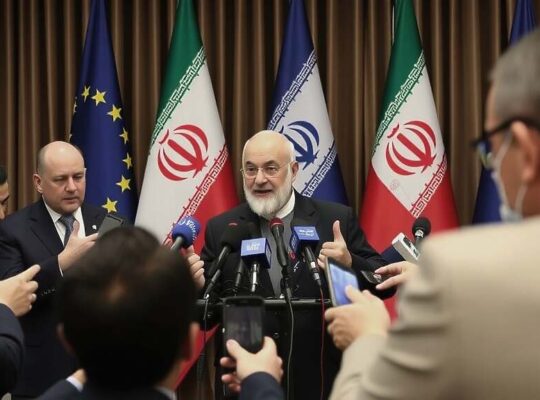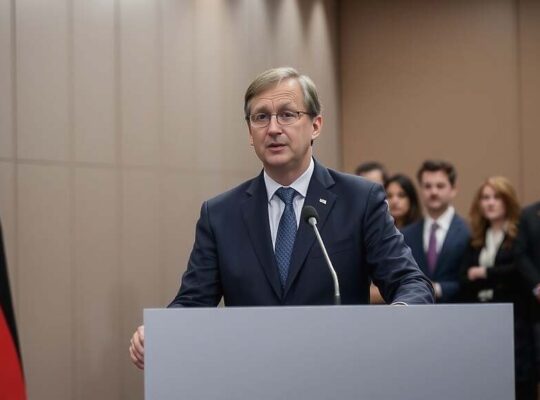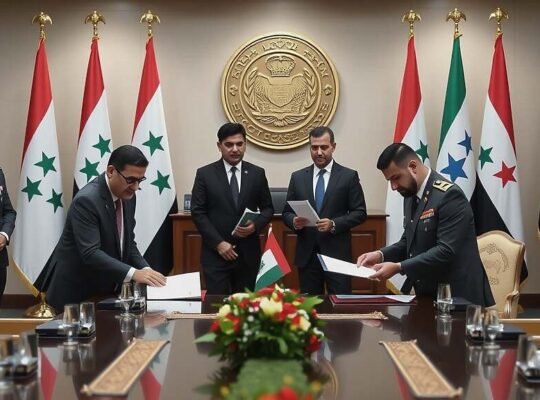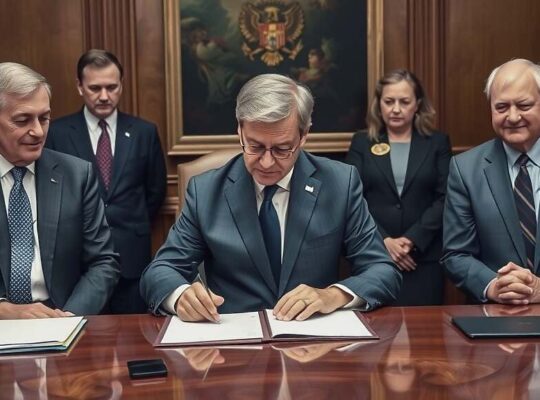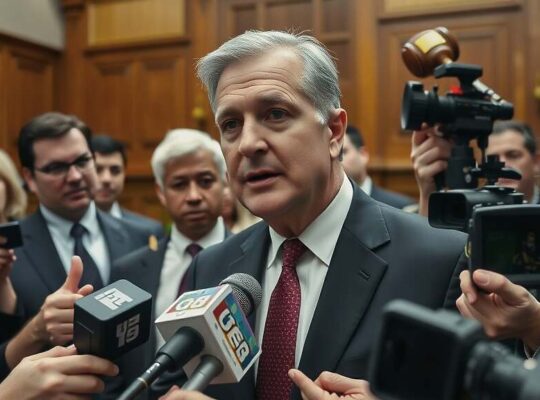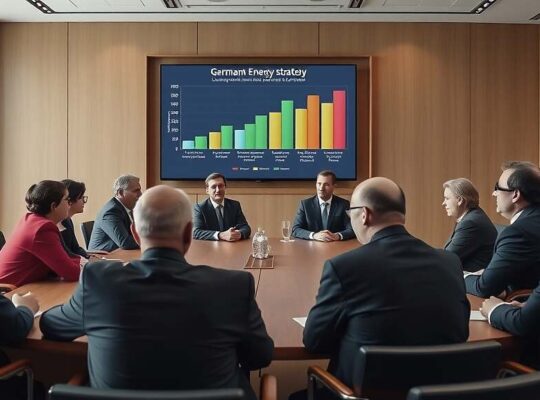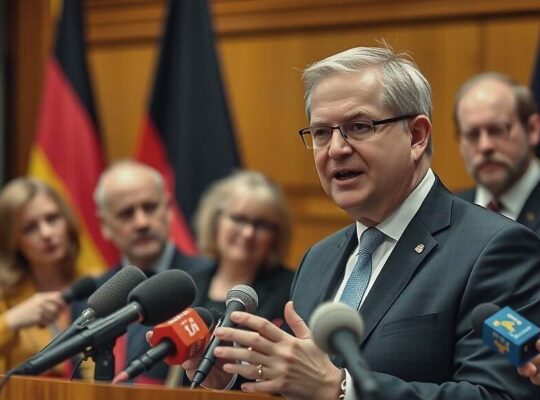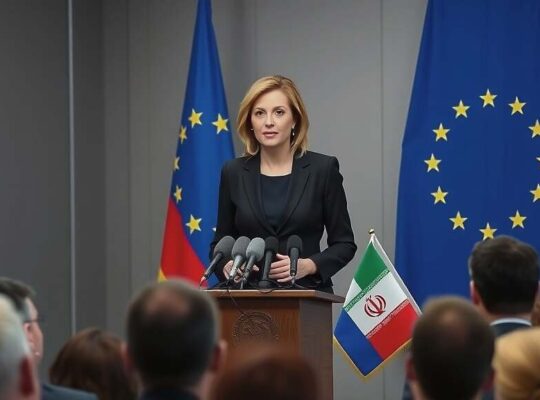Berlin remains conspicuously silent on the stalled accession process for Turkey, despite recent conciliatory rhetoric from Foreign Minister Johann Wadephul. A spokesperson for the Foreign Office, responding to inquiries from the dts Nachrichtenagentur, confirmed that Germany’s fundamental position on Turkey’s candidate status has not shifted.
Wadephul, prior to a visit to Ankara, had publicly expressed a desire to “strengthen” cooperation between the EU and Turkey, citing the evolving geopolitical landscape as justification. This statement has been met with a degree of skepticism within Brussels, where Turkey’s democratic backsliding and increasingly assertive foreign policy have long complicated any prospect of renewed accession talks.
The visit itself and specifically a meeting between Wadephul and the head of Turkey’s domestic intelligence service, has drawn particular scrutiny. While the spokesperson asserted that a key focus of the trip was the situation in the Gaza Strip, the connection between this security-focused meeting and the potential for a change in Germany’s Turkish policy is raising questions.
The spokesperson acknowledged Turkey’s significant influence on Hamas and emphasized the German government’s expectation that Ankara will continue to leverage this influence to facilitate progress on the 20-point plan aimed at de-escalation and humanitarian aid delivery. The implicit quid pro quo – influence over Hamas in exchange for potential softening of the EU’s stance on Turkey – suggests a potentially problematic calculus within Berlin. Critics argue it risks prioritizing short-term geopolitical gains over fundamental concerns regarding human rights and the rule of law in Turkey. The focus on Hamas’s influence also raises concerns regarding the framing of Turkish policy, potentially overlooking broader anxieties surrounding Ankara’s regional ambitions and its relationship with other international actors.



